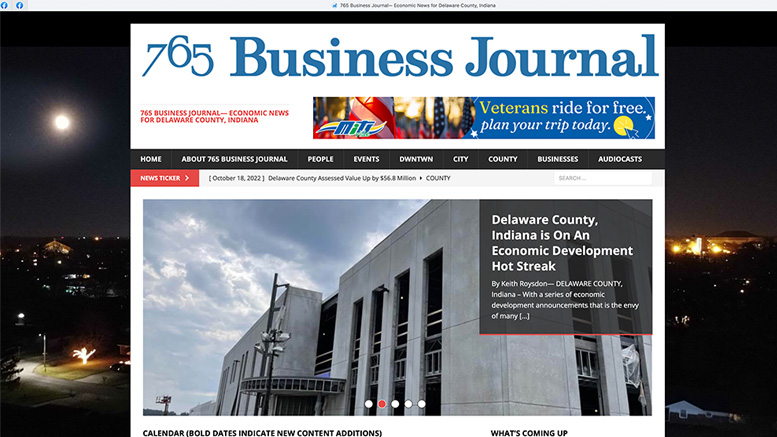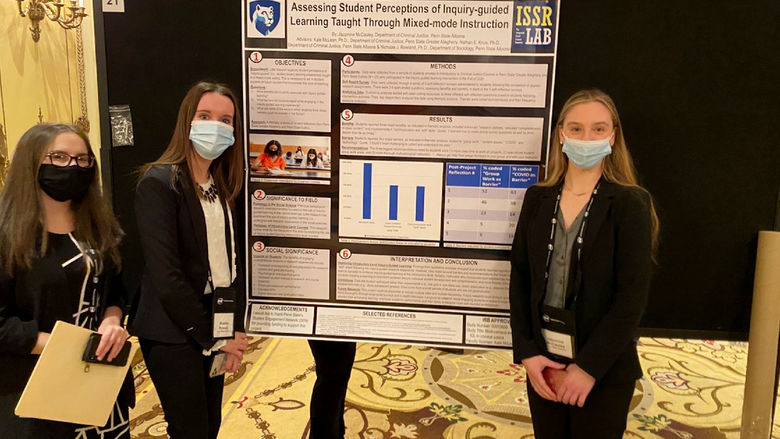New Publication ‘Extends Evidence of Clinical Benefit’ of CytoSorbents Hemoadsorption Technology to Type A Aortic Dissection Surgery

CytoSorbents drew attention to a new publication that reports on the use of intraoperative hemoadsorption using the company’s technology to reduce perioperative bleeding complications in patients with acute Type A aortic dissection who were either on anticoagulant direct oral (DOA) rivaroxaban (Xarelto, Janssen, and Bayer) or the platelet aggregation inhibitor ticagrelor (Brilinta, AstraZeneca) during urgent heart pump surgery.
The article, written by Kambiz Hassan (Asklepios Klinik St Georg, Hamburg, Germany) and colleagues, was recently published in the peer-reviewed journal, Annals of Thoracic and Cardiovascular Surgery.
The authors performed a retrospective analysis of 171 consecutive patients who underwent urgent surgical repair for acute type A aortic dissection between 2014 and 2020 and identified 21 patients (12.3%) who were either on rivaroxaban (n=9) or under ticagrelor (n = 12). Among these 21 patients, 10 patients received intraoperative haemoadsorption and their operative and clinical results were compared to 11 patients not treated with intraoperative haemoadsorption.
Baseline characteristics were generally comparable between the two groups, however, hemoadsorption patients were older (mean age 75 versus 62 years) and had a higher perioperative risk based on the calculated EUROSCORE II scale (17.1 versus 10.6; a higher score reflects a higher risk of complications and mortality).
Although operative techniques and cardiopulmonary bypass time were similar between the two groups, the total operation time was significantly shorter in the hemoadsorption group (286 ± 40 minutes versus 348 ± 79 minutes, p = 0.045) , probably due to the time required to obtain hemostasis at the end of the procedure.
More importantly, CytoSorbents points out in a press release, intraoperative hemoadsorption (vs without) was associated with favorable clinical outcomes after urgent type A aortic dissection surgery, including:
- Positive trend in decreasing 30-day mortality: 10% (1/10) versus 27.3% (3/11)
- Zero need for reoperations (vs. 18.2% without hemoadsorption)
- Mean 24-hour chest drainage significantly lower, independent predictor of postoperative morbidity and mortality (482 ± 122 mL vs 907 ± 427 mL, p
- Significantly fewer platelet transfusions (p=0.049)
The above clinical benefits translated into a shorter median length of stay in the intensive care unit (ICU) in patients treated with hemoadsorption (four days) compared to those who did not (nine days).
Efthymios N Deliargyris, Chief Medical Officer of CytoSorbents, said, “This new publication extends the evidence of clinical benefit of intraoperative antithrombotic removal using our hemoadsorption technology beyond coronary artery bypass grafting (CABG) and to other complex heart operations, such as acute type A dissection. aortic surgery. All emergency heart surgeries are complex and carry a high risk of complications, but as any heart surgeon will attest, operating in the presence of antithrombotic drugs such as ticagrelor or DOACs can lead to significant bleeding complications that can negatively impact heart failure. patient outcomes and increasing costs.
Deliargyris concluded, “These encouraging data, although from a small single-center study, are consistent with published literature on the use of our technology to reduce bleeding complications from cardiothoracic surgery in patients on antithrombotic medications. Additionally, it validates our strategy to include patients undergoing urgent aortic surgery in the STAR-T and STAR-D trials. We plan to incorporate this new data into our recruitment and training efforts with study sites. The US STAR-T and STAR-D trials, evaluating the use of DrugSorb-ATR for the intraoperative removal of antithrombotic drugs during urgent cardiothoracic surgery, are our top priorities. We remain focused on laser and are devoting all necessary resources to complete enrollment of these two studies over the next 12-18 months to support potential future FDA [US Food and Drug Administration] marketing authorization.






